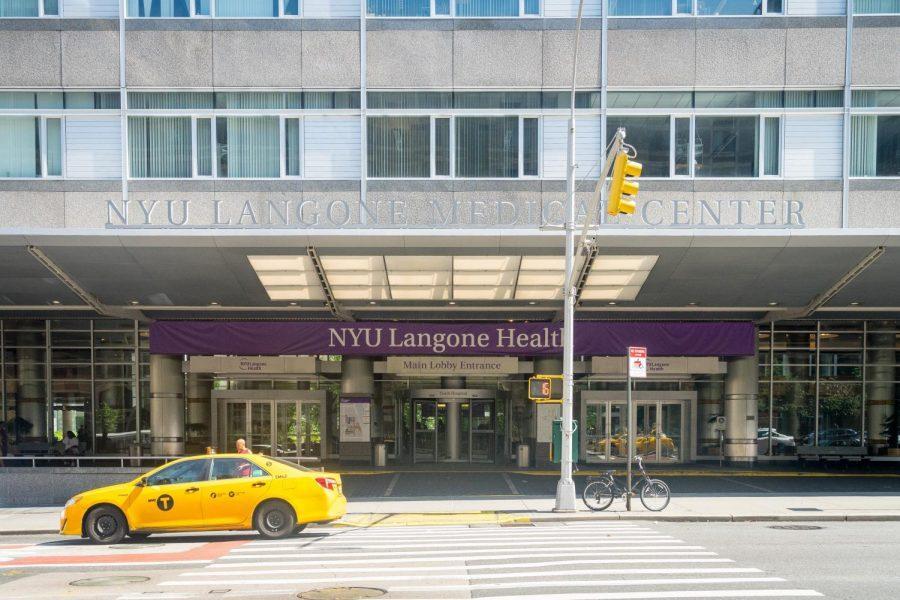NYU’s School of Medicine announced that it would no longer charge tuition in late August 2018. On the other side of the country, Kaiser Permanente is preparing to open a School of Medicine that will be the third in the country to adopt some form of free tuition.
One of the nation’s largest not-for-profit healthcare systems, Kaiser Permanente’s new school will open in summer 2020 in Pasadena, Calif. As reported by the New York Times, Kaiser Permanente will offer free tuition by using community benefits funds, which made up $2.8 billion of its budget in 2017.
NYU raised funds from individual donors over the course of 11 years in order to make their medical school tuition-free. A total of $600 million was raised to make the initiative possible, according to Associate Dean for Admissions and Financial Aid at NYU School of Medicine Rafael Rivera.
Dean of NYU’s Wagner Graduate School of Public Service Sherry Glied is a health policy specialist. In an interview with WSN, Glied said that the move by Kaiser Permanente was unlikely to be a response to NYU’s own transition to a tuition-free model.
However, Glied did say that Kaiser Permanente’s announcement may be indicative of a larger trend.
“I think we can expect to see that other medical schools are going to persuade their potential donors to do the same thing,” Glied said. “We are going to be moving into an environment in which a greater share of medical students are not paying tuition.”
Pre-medical student and CAS junior Sahnaz Pirooz was happy to hear schools such as NYU and Kaiser Permanente have begun to offer free tuition, and said that others should follow suit.
“Everyone thinks of NYU as expensive and they are trying to combat their reputation by making [medical school] free and it’s a good thing,” Pirooz said. “Other universities like Harvard should follow through because they know they have enough money to so do.”
Free tuition could mark a significant shift in the current environment for medical students, as many graduate with debt reaching into the hundreds of thousands of dollars. For NYU, this was a significant factor in their decision.
“This decision recognizes a moral imperative that must be addressed,” Rivera said. “[Student debt] can discourage promising high school and college students from considering a career in medicine altogether due to fears about the costs.”
Additionally, schools such as NYU have made efforts to address the shortage of primary care physicians. NYU’s new medical school on Long Island will specifically seek to train primary care physicians and will also be tuition-free.
Glied explained that by offering free tuition, medical schools may hope to enable students to choose less lucrative practice options such as primary care. Without the stressor of overwhelming student debt, students may not see choosing higher-paying specialized practices as a necessity.
“That’s the hope behind it,” Glied said. “But nobody has done it yet. If you offer them free tuition, whether they will decide [to go into more specialized practices or not], I think that remains to be seen.”
Email Jiayun Yang at [email protected].
Correction, March 6: A previous version of this article stated that Kaiser Permanente would be diverting revenue from its community benefit funds. A spokesperson for the university later clarified that, although revenue from the community benefits funds would be used, the fund is not finite and so revenue would not be diverted from one project or program to another. The article has been updated to reflect the correction.
























































































































































